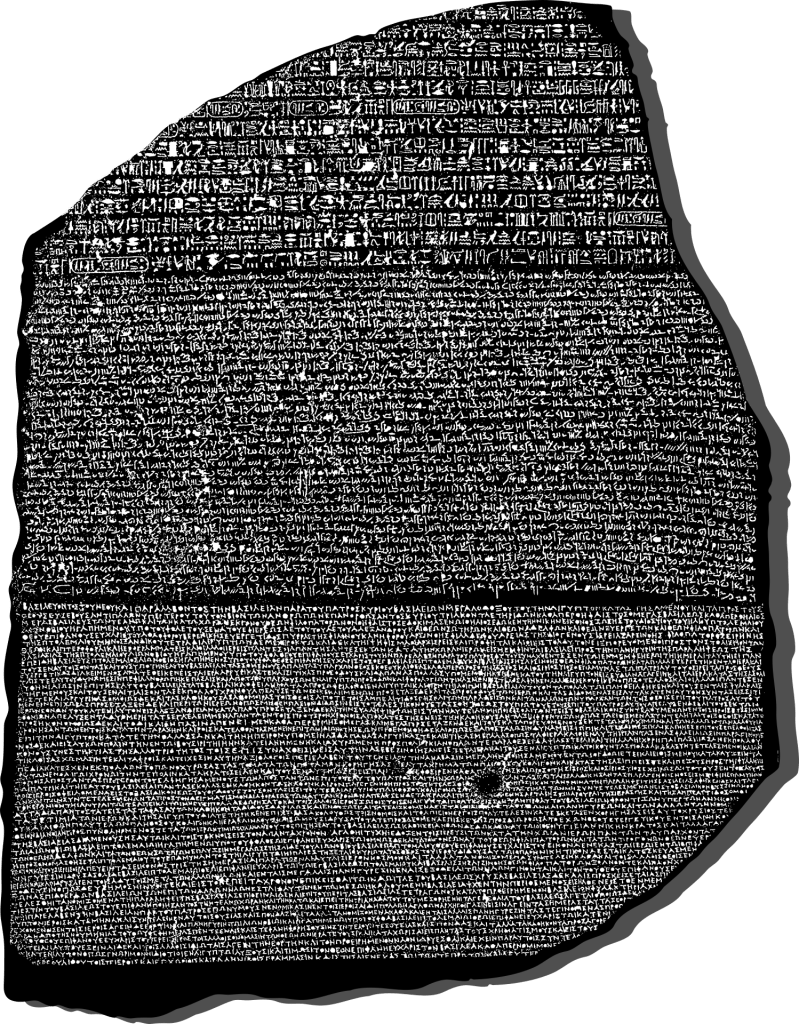God’s activity on earth is a mystery of time and place. We never know how or if he will intervene in events or speak to our souls.
But step back for a moment and contemplate God’s point of view. A spirit unbound by time and space, God has borrowed material objects now and then —a burning bush, a pillar of fire—to make himself obvious on planet earth. Each time, God adopted the object to convey a message and then moved on. In Jesus, something new happened; God became one of our planet’s creatures, an event unparalleled, unheard of, unique in the fullest sense of the word. A portion of the God who fills the universe imploded to become a peasant baby.
The Gospels record that Jesus retained access to certain unusual powers. He sensed events preternaturally at times and had a sharp premonition of how His life would end. He could heal broken bodies, even offsite if pressed. Once He modified the weather. Yet no one would mistake the carpenter from Nazareth for the dazzling figure described in the book of Revelation.
The Tribulations of Jesus
The disciple John, who knew Jesus well, could have been making a personal confession when he penned these words: “he was in the world, and though the world was made through him, the world did not recognize him.” (John 1:10) Little wonder His disciples kept expecting Him to rule like a real god.
By any measure Jesus led a tragic life: rumors of illegitimacy, taunts of insanity from His family, rejection by most who heard him, betrayal by friends, the savage turn of a mob against him, a series of justice-mocking trials, execution in the form reserved for slaves and violent criminals. A pitiful story, to be sure, and that is the heart of the scandal: we do not expect to pity God.
Jesus Incarnation is Meaningful for Us and God
How do you know God personally? In Jesus’ day the answer was shockingly simple: you know Him the same way you know everybody. You introduce yourself, shake hands, inquire about the family. Because of Jesus we need never question God’s desire for intimacy. Does God really want close contact with us? Jesus gave up heaven for it. In person, He reestablished the original link between God and human beings, between seen and unseen worlds. Jesus revealed a newly intimate side to God, a relationship so personal that He used the word “abba,” or “daddy” to address him.
Because of Jesus, God senses our human conditions in a different way. Hebrews goes so far as to say that Jesus “learned obedience” and “was made perfect” through suffering. (See relevant scripture below) These words, full of mystery, implied that the incarnation had meaning for God as well as for us. As a spirit being, God had never felt physical pain—how could he, lacking nerve cells? He “learned” about the feeling of pain, just as we humans learn about it, through personal experience. He was, quite literally, dying to be with us.
Jesus, the Rosetta Stone of Faith
An important principle is to not judge God by some misfortune that befalls us or someone we love. Questions about provenance and suffering are primarily answered in the person of Jesus, not in day-to-day events we may encounter now. When the son of God visited earth, He brought healing and not pain, and when He left earth, He promised to return one day to restore it to God’s original intent. His own resurrected body is offered as proof.
We cannot learn from Jesus why bad things occur—an avalanche or flood decimates one town and not its neighbor, why leukemia strikes one child and not another—but we can certainly learn how God feels about such struggles. We simply look at how Jesus responds to the sisters of His good friend Lazarus, to a widow who has just lost her son, or a leprosy victim banned outside the town gates. Jesus gives God a face, and that face is streaked with tears.
In a fine analogy, H. Richard Niebuhr likens the revelation of God in Christ to the Rosetta stone. Before its discovery Egyptologists could only guess at the meaning of hieroglyphics.
One unforgettable day they uncovered a dark stone that rendered the same text in Greek, ordinary Egyptian script, and previously undecipherable hieroglyphics. By comparing the translations side-by-side, they mastered hieroglyphics and could now see clearly into a world they had known only in a fog.

Niebuhr goes on to say that Jesus allows us to “reconstruct our faith.” We can trust God because we trust Jesus. If we doubt God, or find him incomprehensible, unknowable, the very best cure is a gaze steadily at Jesus, the Rosetta stone of faith.
Unanswered Questions but…
We can ponder the unanswerable questions about the problem of pain, the conundrum of prayer, providence versus free will, and other matters:
- The Bible leaves unanswered many questions regarding the problem of pain, but in Jesus we see unmistakable evidence that God is not the author of particular sufferings. One of Jesus’ main contributions has been the decisive revelation of God as “the God of all comfort.”
- Consider another example, why doesn’t God answer my prayers? I do not know, but it helps me to realize that Jesus himself knew something of that frustration. In Gethsemane He threw himself on the ground, crying out for some other way—and there was no other way. He prayed that the church would demonstrate the same unity as the Godhead, a prayer that has not come close to being answered. He prayed “thy will be done, on earth as it is in heaven,” whereas any day’s newspaper makes clear that that prayer has not yet been satisfied.
- Equally, I can worry myself into a state of spiritual indigestion over questions like “what good does it do to pray if God already knows everything?” Jesus silences such questions; if Jesus saw the need to pray, sometimes so urgently that He spent all night at it, so should I.
- I admit that some standard Christian doctrines bother me. What about hell—will it really involve an eternity of torment? What of those who live and die without ever knowing about Jesus? I learn to trust God with my doubts and struggles by getting to know Jesus. If that sounds evasive, I suggest it accurately reflects the centrality of Jesus in the New Testament. We start with him as the focal point and let our eyes wander with care into the margins.
Conclusion
As a major advantage in knowing God, Jesus offers a close-up portrait of God’s own vantage point. What bothers me about this planet—injustice, poverty, racism, sexism, abuse of power, violence, disease—bothered Him as well. By looking at Jesus, I gain insight into how God feels about what goes on here. Jesus expresses the essence of God in a way that we cannot misconstrue.
For a brief background on who Jesus was, you can read:
Who was Jesus? a Peek at the Unique
Jesus’ prayers tell us so much about what He and God want for us.
Jesus’ Prayers; a Feast for the Soul
If you found this post interesting, inspiring, informative, or useful, please follow us and share. Many more posts to feed your soul can be found on the Navigation Menu. God bless you.
Relevant Scriptures
During the days of Jesus’ life on earth, he offered up prayers and petitions with fervent cries and tears to the one who could save him from death, and he was heard because of his reverent submission. Son though he was, he learned obedience from what he suffered and, once made perfect, he became the source of eternal salvation for all who obey him. (Hebrews 5:7-9)
Reference:
Reaching for the Invisible God by Philp Yancey
